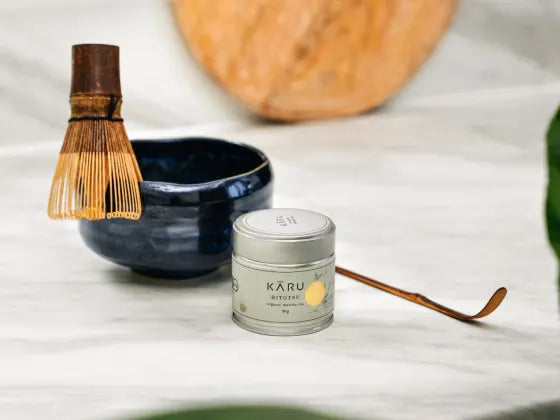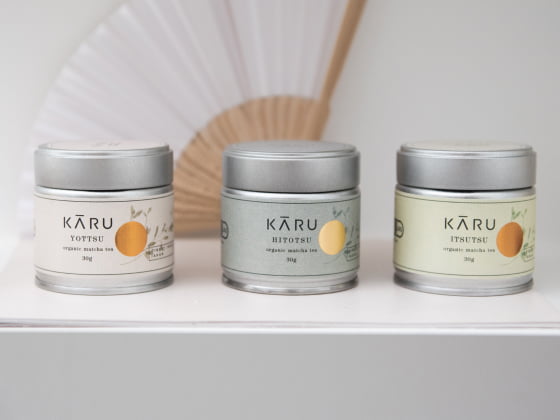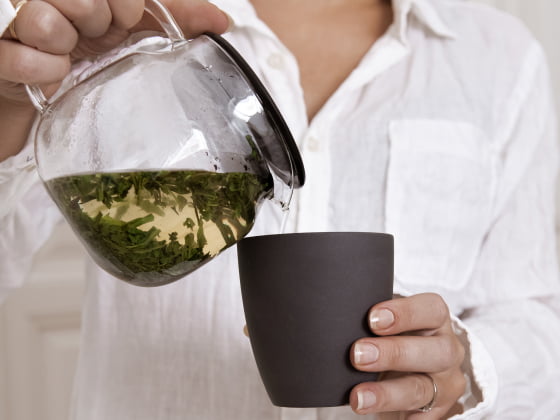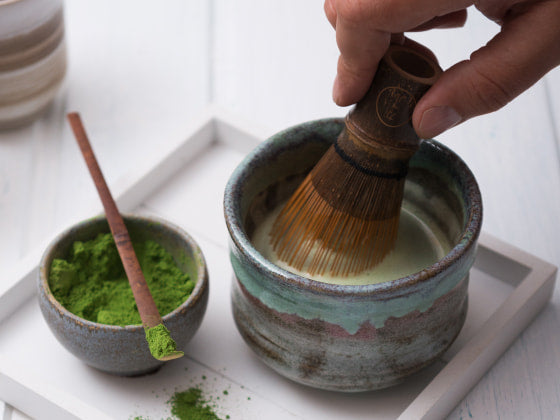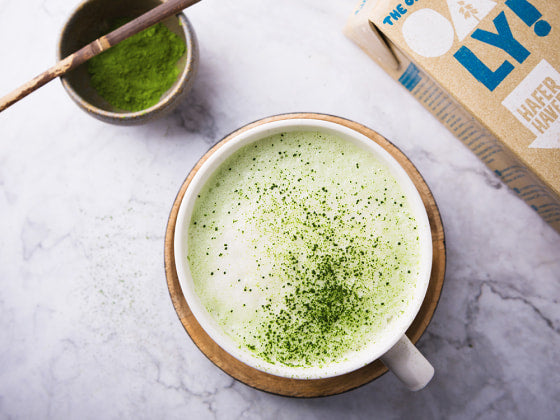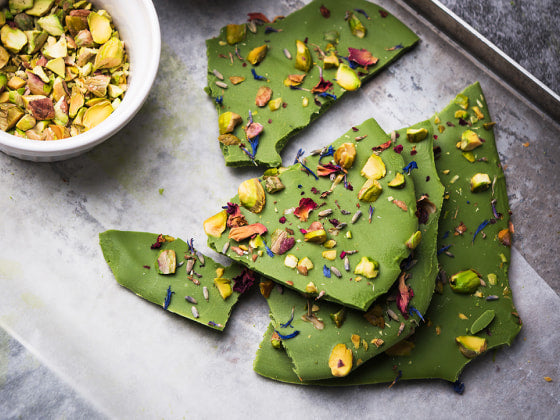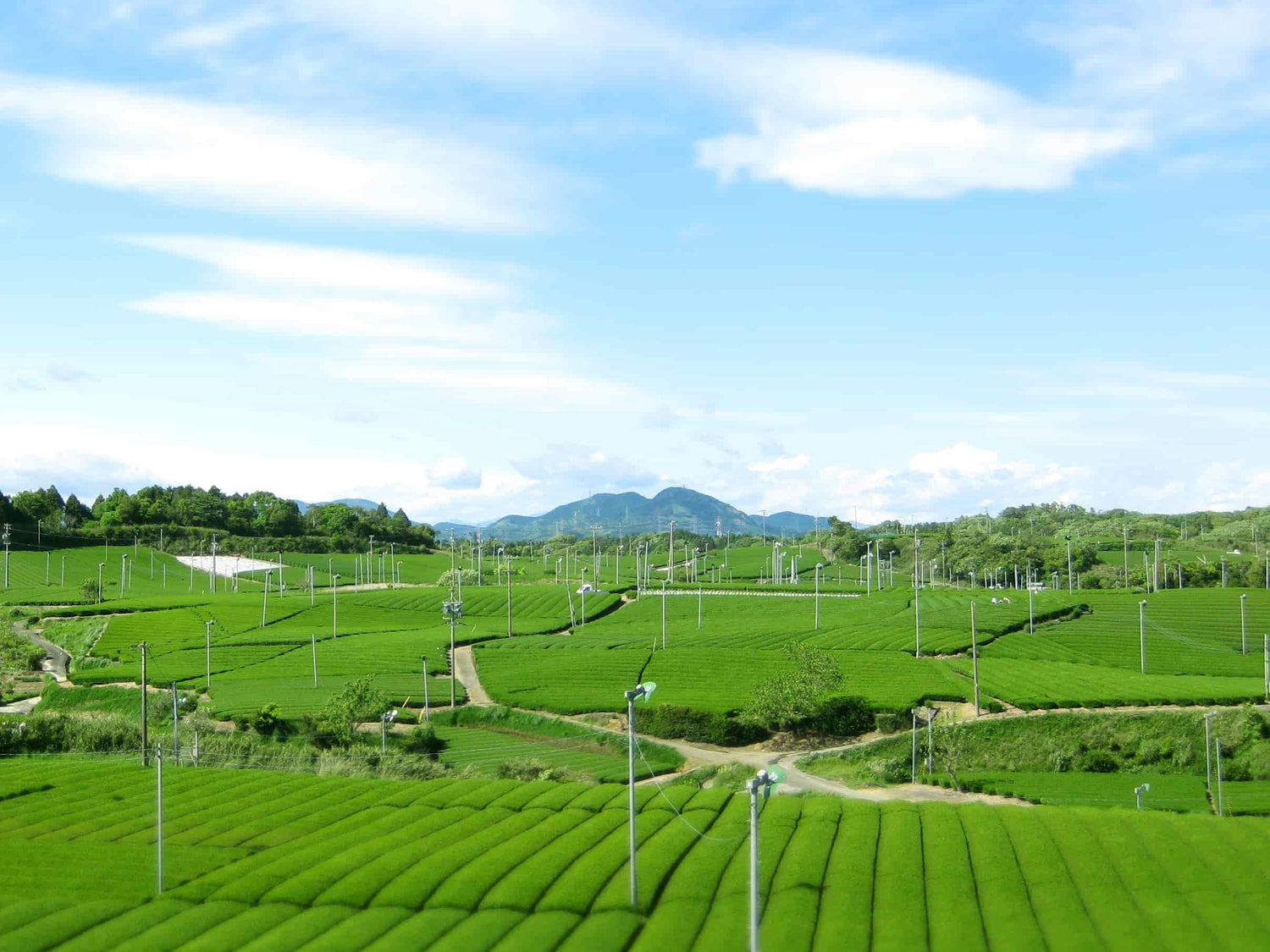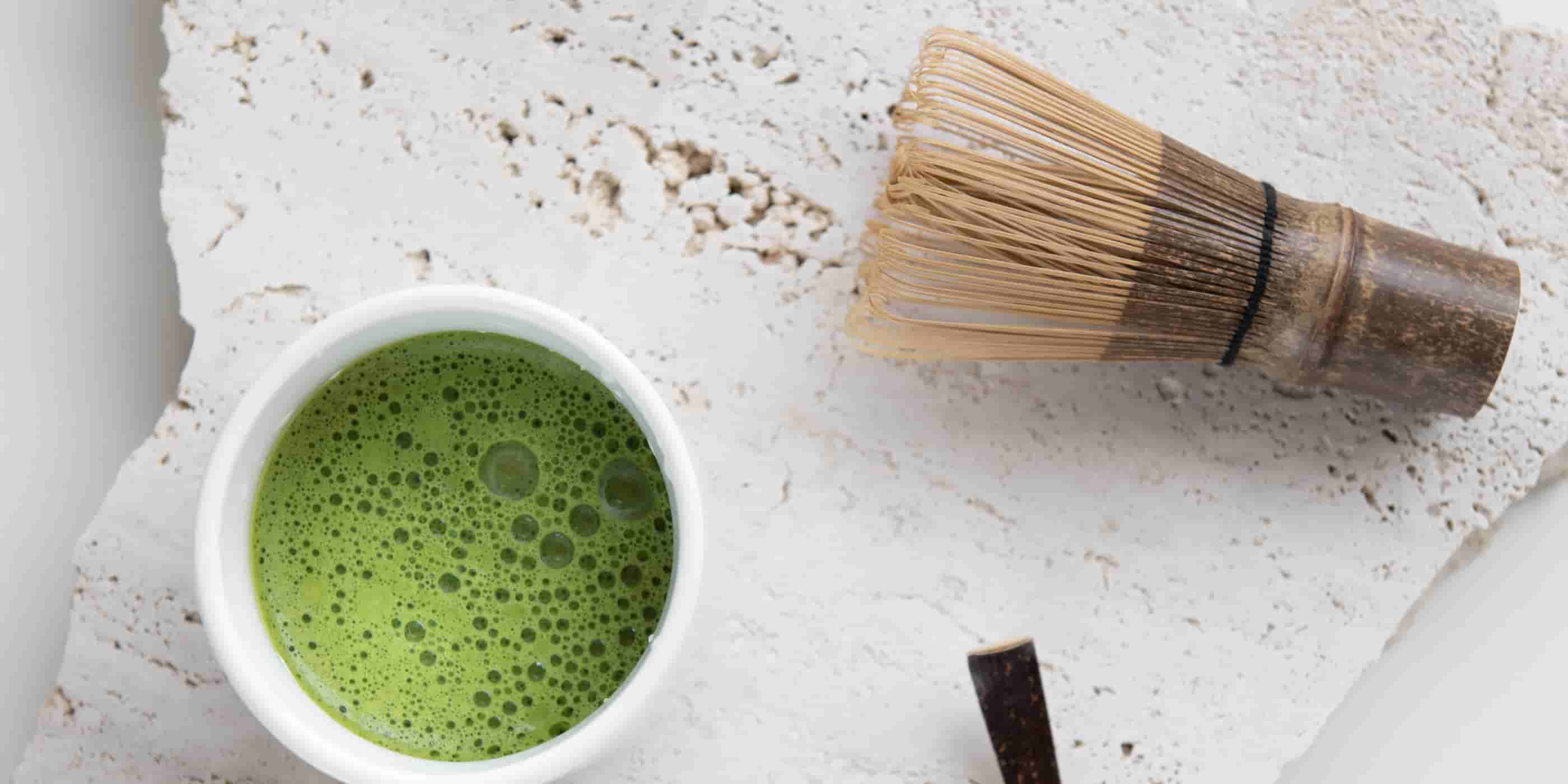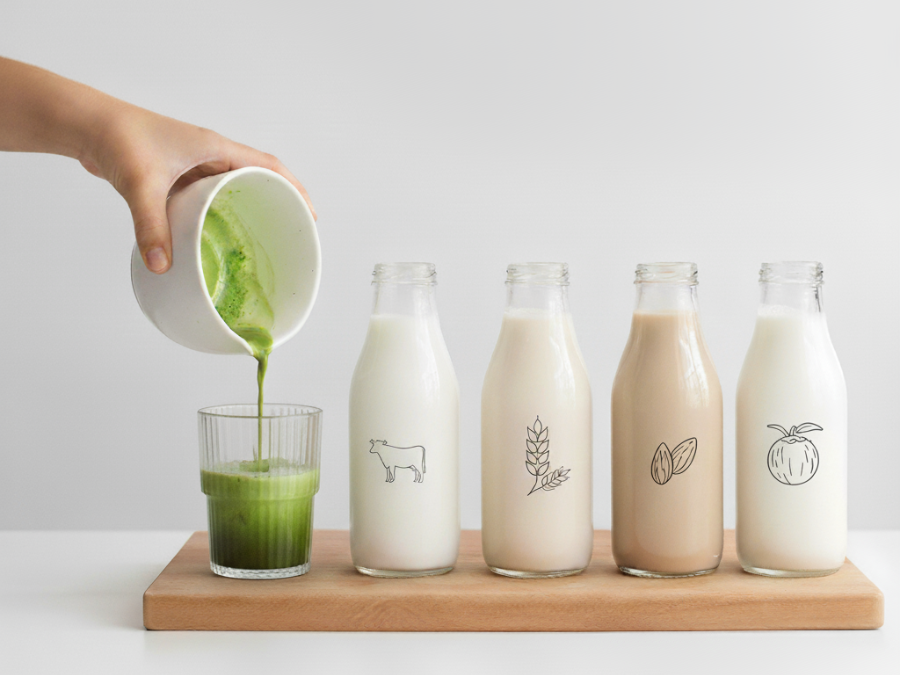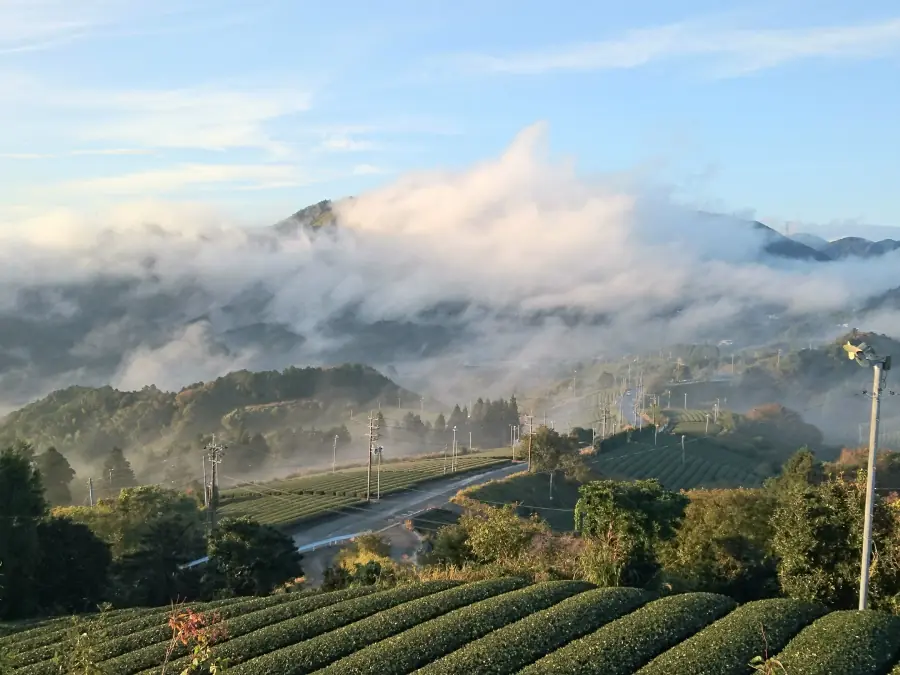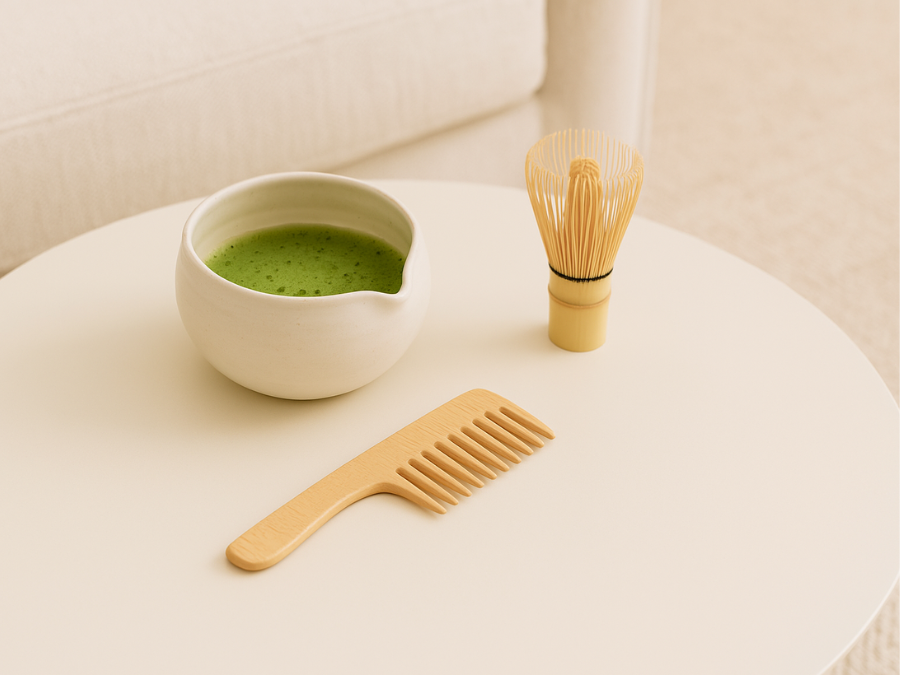Matcha origin
Except for the north, green tea is grown throughout Japan. There are more than 20 large, well-known tea growing regions. The largest and best-known regions include Shizuoka, Uji (Kyoto), Aichi and Kagoshima. The best green teas have been cultivated here for centuries and more and more organic tenchas are also being grown. In this post, we take a look at what distinguishes them as top regions and where the best organic matcha teas come from.

Shizuoka - The largest tea-growing region in Japan
Japan is the largest producer of green tea in the world after China. With more than 40% of total production, Shizuoka Prefecture is number one in Japan. The region has a warm and humid climate with plenty of rainfall, providing ideal conditions for growing green tea. The prefecture southwest of Kyoto is not only known for its huge tea fields, but also for the imposing Mount Fuji, the highest peak in Japan. Tea that grows on its slopes has a particularly fine and noble aroma. The prefecture has made a name for itself worldwide with its outstanding senchas. Selected tencha teas are also cultivated here for later matcha production. However, the focus is on conventional cultivation, which is why only a few organic matchas come from the region.
Uji, Kyoto - the cradle of Japanese tea culture
Uji in Kyoto Prefecture is the oldest and most famous tea-growing region in Japan. The best green teas, such as Tencha, have been grown here for more than 800 years. The Uji and Kizu rivers provide plenty of fog, which reduces the risk of frost and ensures a humid climate. Together with the fertile soil, these are perfect conditions for a rich harvest. The teas from the region are characterized by a particularly full body and complex, elegant aromas. The best conventionally grown matcha teas in the world come from Uji. Organic matcha teas have also been increasingly cultivated in recent years. However, these only make up a fraction of the total production and cannot compete with conventional matcha in terms of quality.
Nishio - Hand-picked organic matcha teas
Similar to Uji, the Nishio region in Aichi Prefecture is characterized by a humid climate and fertile soils. Due to the Yahagi River, the area in the middle of Japan is blessed with a lot of fog, which, together with the mild climate, favors the cultivation of green tea. Although the prefecture only accounts for 1% of Japan's total green tea production, Aichi has made a name for itself worldwide for its exquisite tenchas. The cultivation of tencha has been perfected through special fertilizer mixtures and sophisticated shading techniques. Several farmers have also specialized in the production of organic matcha and have adapted the fertilizers to meet the strict requirements of the inspection body. Organic Matcha tea from Nishio is characterized by particularly spicy and fruity notes and is popular with connoisseurs for its lively and multi-faceted character.
Kagoshima - The best organic matcha teas in the world
Kagoshima Prefecture on the island of Kyūshū is the southernmost tea-growing region in Japan and is known worldwide for the best organic matcha teas. The active volcanic region is characterized by particularly mineral and nutrient-rich soils and a warm climate. These conditions mean that tencha in particular, from which matcha is later made, thrives very well. As the second largest tea region in Japan, all other types of green tea are also cultivated and processed here.
The region started producing organic matcha at an early stage. As the cultivation of organic tea is subject to strict regulations and the fertilizer in particular has to be changed accordingly, the production of high-quality organic matcha is an art. You can find out why a successful conversion takes a lot of time and experience in this article>>> Premium organic matcha tea from Japan a rare commodity. The Kirishima region in particular is known for its outstanding organic matcha teas.
Thanks to an early conversion to purely organic cultivation and the combination of unique fertilizers, probably the best organic matcha teas in the world are cultivated here.
Conclusion - Japan, land of the best teas
There are a whole range of excellent tea-growing regions in Japan. Due to different geographical and climatic conditions, each region has a different focus in the cultivation of green tea. Shizuoka is characterized by fine senchas, Uji by outstanding conventional products and Nishio and Kagoshima by an outstanding quality of organic matcha. So we have a whole world of the finest teas to discover.
Let's start with exquisite organic matcha teas >>>




